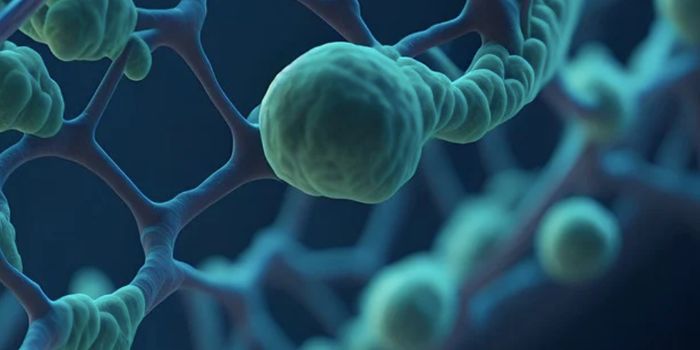Mitochondrial Dysfunction may Disrupt the Microbiome & Cause Crohn's
In recent years, there has been increasing evidence that mitochondrial dysfunction plays a causative role in Crohn's disease and other gastrointestinal disorders. This can happen for a variety of reasons. For example, healthy mitochondrial help maintain the integrity of the gut's protective barrier. But when mitochondria are not working properly, they may generate excessive amounts of chemicals called reactive oxygen species, which can damage cells.
A new study reported in Cell Host & Microbe has provided confirmation (in an animal model) that mitochondrial dysfunction can lead to Crohn's disease. This study used organoids and a mouse model to show that mitochondrial dysfunction can affect the microbiome and cause intestinal inflammation.
Crohn's disease is a form of inflammatory bowel disease that can cause abdominal pain, fatigue, malnutrition, and diarrhea. It has been associated with changes in the microbial community that lives in the gut, known as the gut microbiome.
In this work, the investigators engineered mitochondrial dysfunction in simplified models of the intestine known as intestinal organoids, as well as a mouse model by editing a gene called Hsp60. This gene is crucial to the normal function of mitochondria. While mitochondria are well known as the powerhouses of the cell, they can also perform different signaling functions.
The loss of normal mitochondria led to changes in the intestinal epithelium of the organoids and the mice, which were similar to the changes that have been observed in patients with Crohn's. There were alterations in gene expression as well, which have also been observed at various stages of Crohn's disease.
In the mice, the composition of the gut microbiome also changed significantly.
This study has provided evidence that mitochondrial disruption can cause intestinal tissue damage and shifts in the microbiome that may lead to disease. It may also lead to new treatment approaches.
Current Crohn's treatments aim to reduce inflammation, but this study presents a new target for therapeutics.
"The big hope is to find active ingredients that would restore the functionality of disrupted mitochondria, in other words, to repair them in a sense. This would limit intestinal damage as a trigger for chronic inflammation processes," said senior study author Dirk Haller, chair of nutrition and immunology and director of the Institute for Food and Health at Technical University of Munich (TUM). An interview with Dr. Haller is presented in the video above.
"Our results suggest that drugs that act on mitochondrial pathways or address the connections between the microbiome and mitochondria could be a key aspect of better treatments," Haller added.
Sources: Technical University of Munich, Cell Host & Microbe









